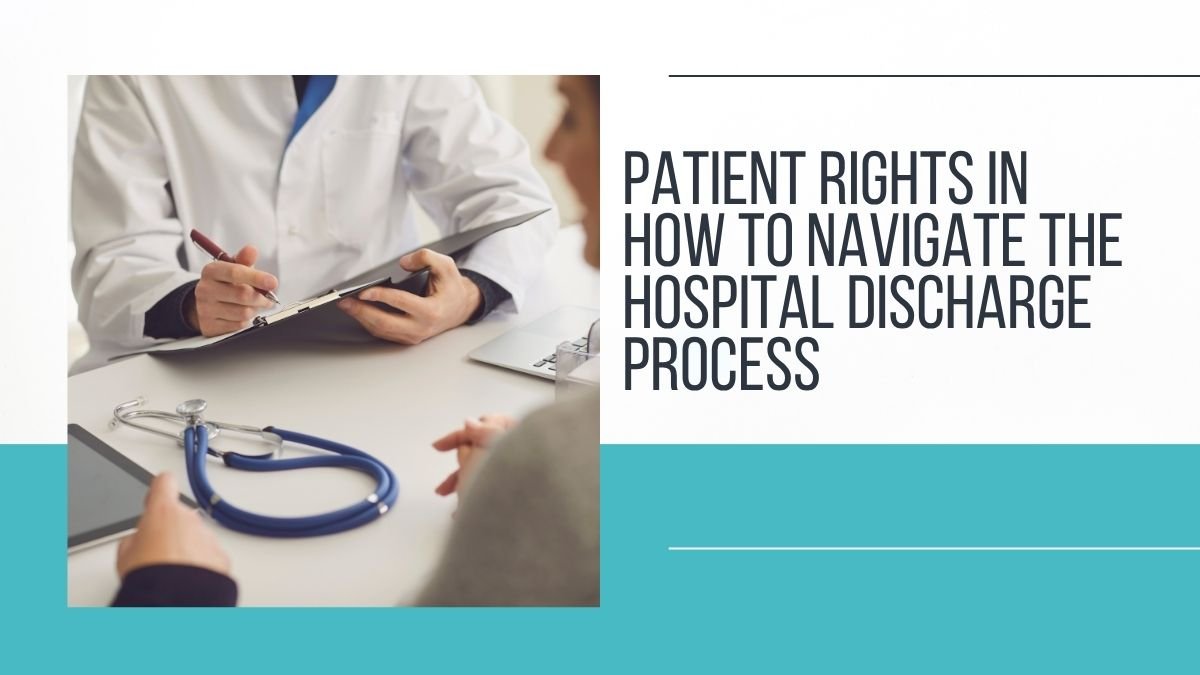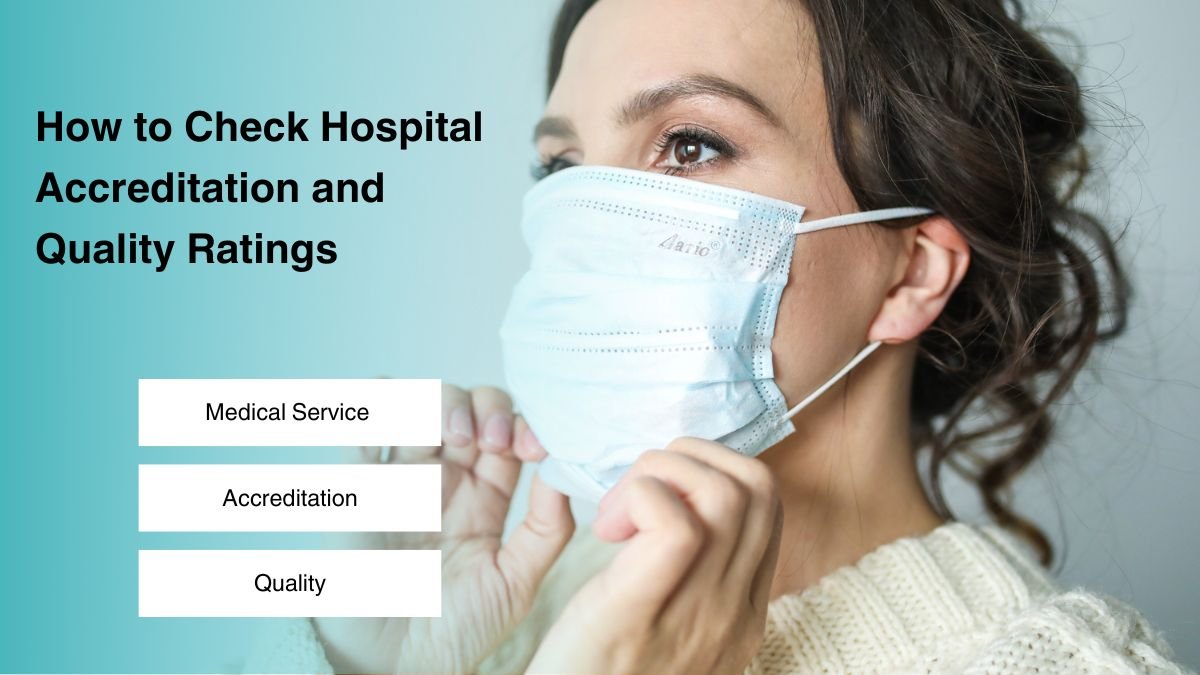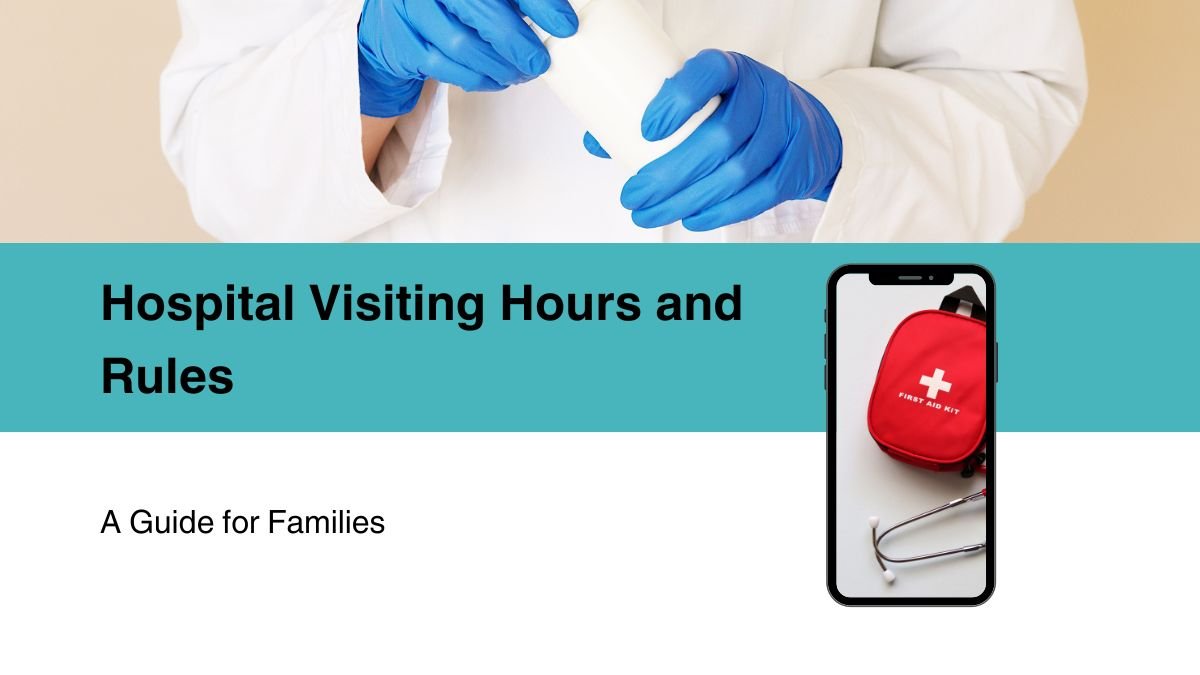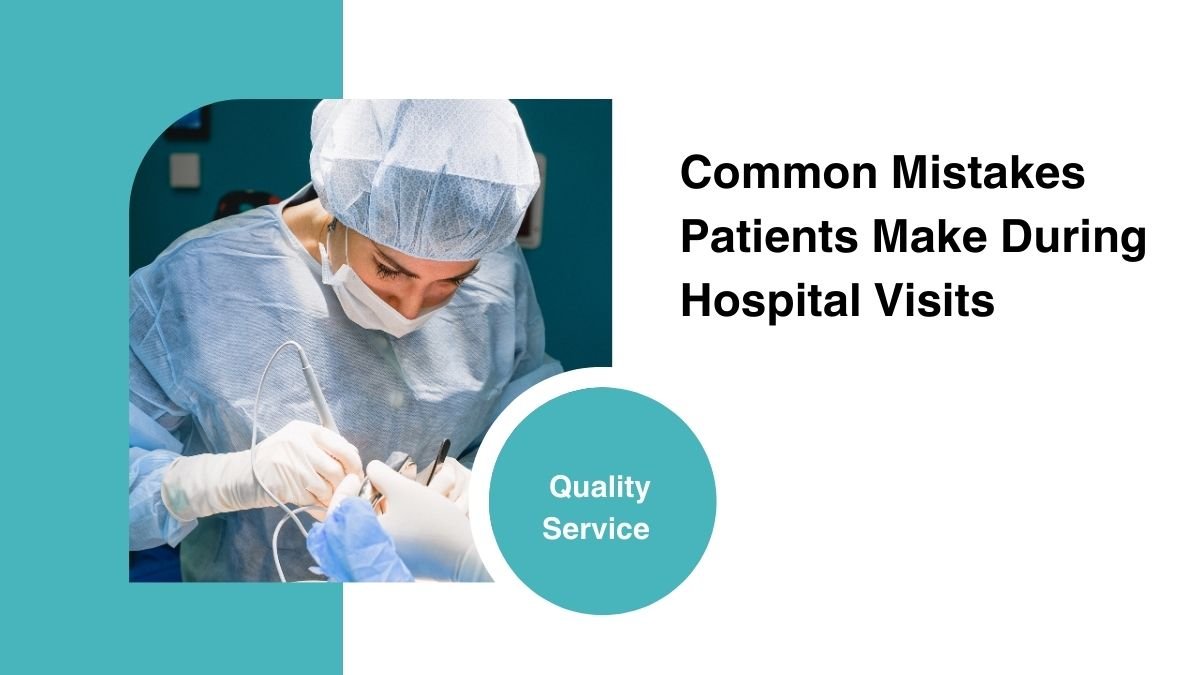Complete preparation for discharge from the hospital
Hospitalization is a big experience in itself, but preparation after discharge and return home is equally important. Many times the patient or their family members are just happy that now they are going home, but due to lack of proper preparation, problems can arise later.
If you make a complete plan at the time of discharge from the hospital, then your health can improve quickly and safely at home.
1. Preparation before discharge – the foundation for returning home
Gather information
Before discharge, write down all the questions related to your treatment, medicines and further care.
For example – “How many days do I have to take this medicine?”, “What to do if the pain increases?”, “Can I eat normal food?”
By writing down the questions, you will not forget anything and will get clear answers from the doctor.
Understand clearly from the doctor
Get complete information about the name of your disease, the method of treatment, the tests to be done in future, and the possible complications.
If you do not understand the medical term mentioned by the doctor, do not hesitate to ask again.
Take family or friend with you
At the time of discharge, you should have someone close to you, who can note down the information and help you at home.
If you need things like a wheelchair, walker or oxygen, then make arrangements for it beforehand.
Make sure of the list of medicines
Write down the name, dosage, and correct time of taking each medicine.
Also know which medicine is to be taken when and on an empty stomach or after eating.
Fix the date of follow-up
Fix the date and time of the next follow-up appointment with the doctor.
If you have to see a specialist, then book his appointment beforehand as well.
2. At the time of discharge – take the right documents and instructions
Read the discharge summary carefully
The discharge summary is a type of medical record that contains your illness, treatment, test reports, and further instructions.
Keep it safe, as it will be necessary for further treatment.
Confirm the medicines
Ask the nurse or pharmacist about the name, dosage, and side effects of the medicines.
If any medicine was already being taken, also know whether it needs to be stopped or continued.
Understand the warning signs
Ask the doctor – “Who to contact immediately if fever, difficulty in breathing, pain, or any other symptoms increase?”
Save an emergency number with yourself and your family.
Home preparation
Keep the room clean and safe so that you feel comfortable as soon as you reach home.
If climbing stairs is difficult, then temporarily arrange to sleep on the ground floor.
Keep food, medicines and necessary medical equipment ready in advance.
3. After coming home – steps for safe and fast recovery
Follow doctor’s instructions
Take medicines, food and exercise (if prescribed by the doctor) on time.
Do not take any instructions lightly, even if you are feeling better.
Do not miss follow-up appointments
During follow-up, the doctor will check your recovery, and make changes in the treatment if needed.
Keep an eye on your health
Pay attention to changes in your body such as swelling, bleeding, high fever, shortness of breath, or fatigue.
Contact the doctor immediately if you notice any unusual symptoms.
Do not hesitate to seek help
If you are unable to take medicines on your own, or have difficulty cooking food, seek help from family, friends or healthcare volunteers.
4. Take care of emotional and mental health too
After discharge from the hospital, not only the body, but the mind also needs time to recover.
Give yourself time and do not rush.
Light activities like reading a book, listening to music or spending time in the garden can reduce stress.
If you are feeling very anxious or restless, talk to your doctor about mental health support.
5. Role of family and visitors
Family members should give love, patience and support to the patient.
Limit the number of visitors to reduce the risk of infection.
Take special care of cleanliness at home, especially in the patient’s room.
6. Prevention of infection – important at home too
Make it a habit to wash hands, especially before and after touching the patient.
Keep the patient’s eating and drinking utensils separate.
If the patient has a low immunity, meet him wearing a mask.
Conclusion – Safe and happy return home
Going home after being discharged from the hospital is a chore of happiness. But there are precautions to take before going home with your family. The right information will have been accessed to discharge, have learnt about medication and warning signs, rest and home care, and have followed instructions given by the doctor.
Well-planned and well-supported recovery helps really speed the recovery and minimize the probabilities of the hospitalization.









